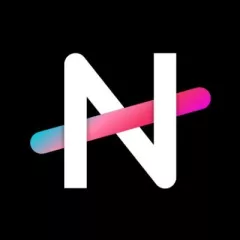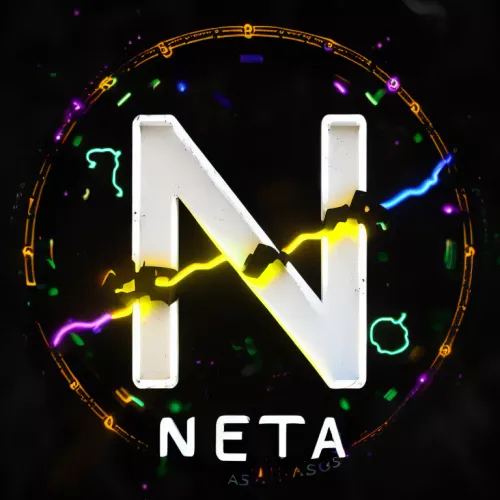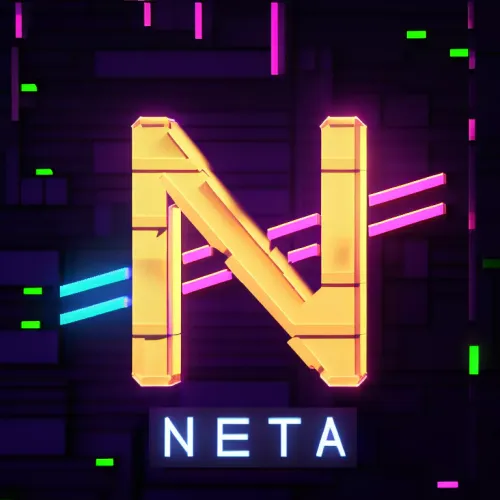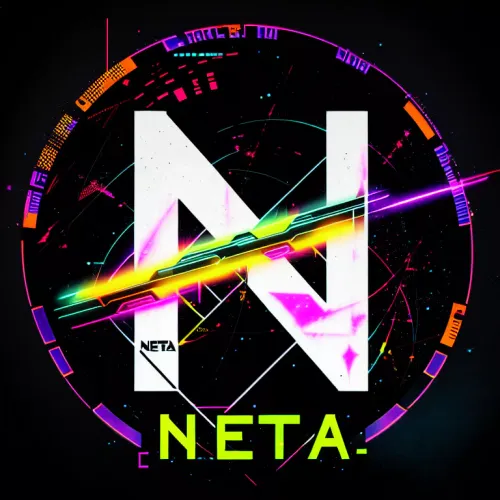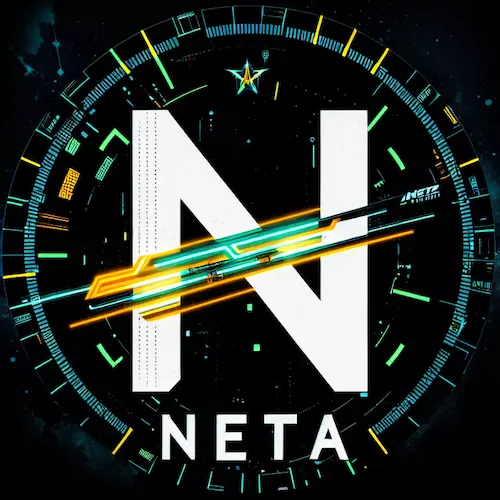Published on 2022-08-04 12:00 by NetaDAO

Neta DAO Juno Validator
Address: junovaloper1f2jpv5sc6ur6yurq5w0t2chphrznpy8lfvj9vs
How is this validator running? Where is it based, who is running it, what is their experience, what commission are they taking?
Inspired by Notional’s edge validation architecture, Neta DAO’s validator is located in the Greater Toronto area on Osmosis-grade hardware specifications and is being run by contributor Poroburu, a decade-long crypto enthusiast, miner, and software engineer with experience in mechatronics. Through the DAO bootstrapping phase, Poro is charging $150 USD (10% of the node’s hardware and marginal operational cost) per month.
What steps are being taken to avoid slashing/jailing/double signing?
To avoid slashing, Poroburu is making use of a server-grade UPS, two internet lines (cable and DSL), and a Tenderduty instance for notifications. To mitigate double signing, Tendermint KMS runs on a Raspberry Pi 4 with a YubiHSM2 as a means of key signing with a layer of hardware security.
What can staking JUNO offer delegators in the immediate term? At a later date?
We are not a gimmicky validator - no NFT incentives, giveaways, or kickbacks. We aim to add value to every chain we validate. Many worthy validators build infrastructure - as DAO purists, we intend to go even further to help build communities. Poro’s first project post-launch is expanding documentation for Juno validation to assist new and aspiring validators.
What plans are in store for decentralizing validator operations?
Steps will be taken to migrate remote signing from Tendermint KMS with Poro to using Horcrux when the DKG (distributed key generation) multisig signing feature is added and the Cosmos SDK allows validator key migration. These developments are being actively tracked and contact has been made both informally and through Github to follow and assist in development.
Written by NetaDAO
← Back to blog